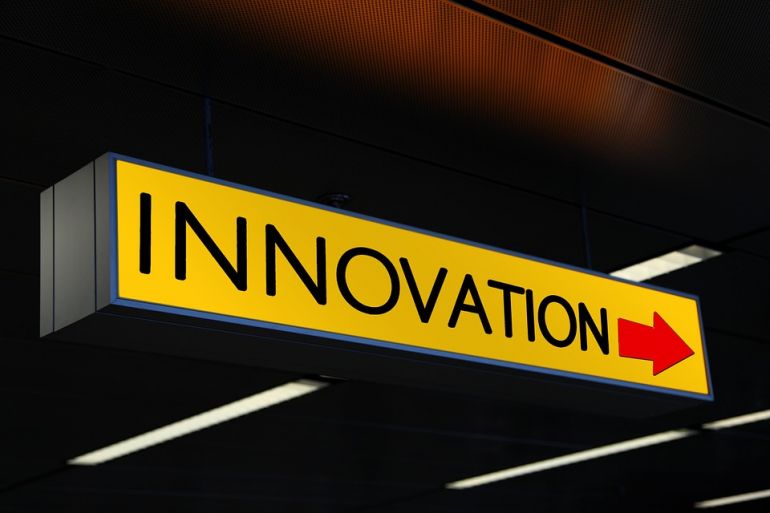Experts believe that cooperation between science and business definitely has an impact on increasing innovativeness. According to the survey "Polish start-ups. Report 2015", only 25 per cent of start-ups cooperate with scientists, and every sixth start-up is established by a person who is engaged in scientific work.
There is one problem that gives Polish start-ups sleepless nights – it is the lack of innovativeness. Innovativeness is like Yeti – everybody is talking about it and no one has actually seen it before. Some people think that innovativeness can be decreed – that talking about it is enough for it to become a fact. However, it only becomes a fact when there is very strict and interdisciplinary cooperation between science and business, and it is what is still needed – says lecturer, couch and specialist for communication in Gdańsk School of Banking Piotr Bucki during the talk with the news organization Newseria Business.
According to the survey "Polish start-ups. Report 2015", every fourth respondent admits that his product is simply an imitation. The authors of this report point out that start-ups established by scientists are more effective in gaining external financing. The source of innovativeness in start-ups is also the analysis of customers’ behaviors.
Some owners of start-ups observe that their annual incomes have increased by half. These are mainly such start-ups that are concentrated on service of corporations and medium companies. Many good Polish start-ups operate in the area of the Internet of things, analytics, artificial intelligence or in such fields which offer specialized IT solutions. By looking at the totality of the domestic market of start-ups, it can be observed that on the one hand – it is very good, and on the other – it is difficult. We have a lot of people who are interested in investing their time and competences in start-ups and quite well-developed centers which support such people. However, there are also many stereotypes and sometimes very harmful utterances on start-ups – says Piotr Bucki. Entrepreneurs often enumerate access to money and qualified personnel as the most inhibitive and urgent needs.
